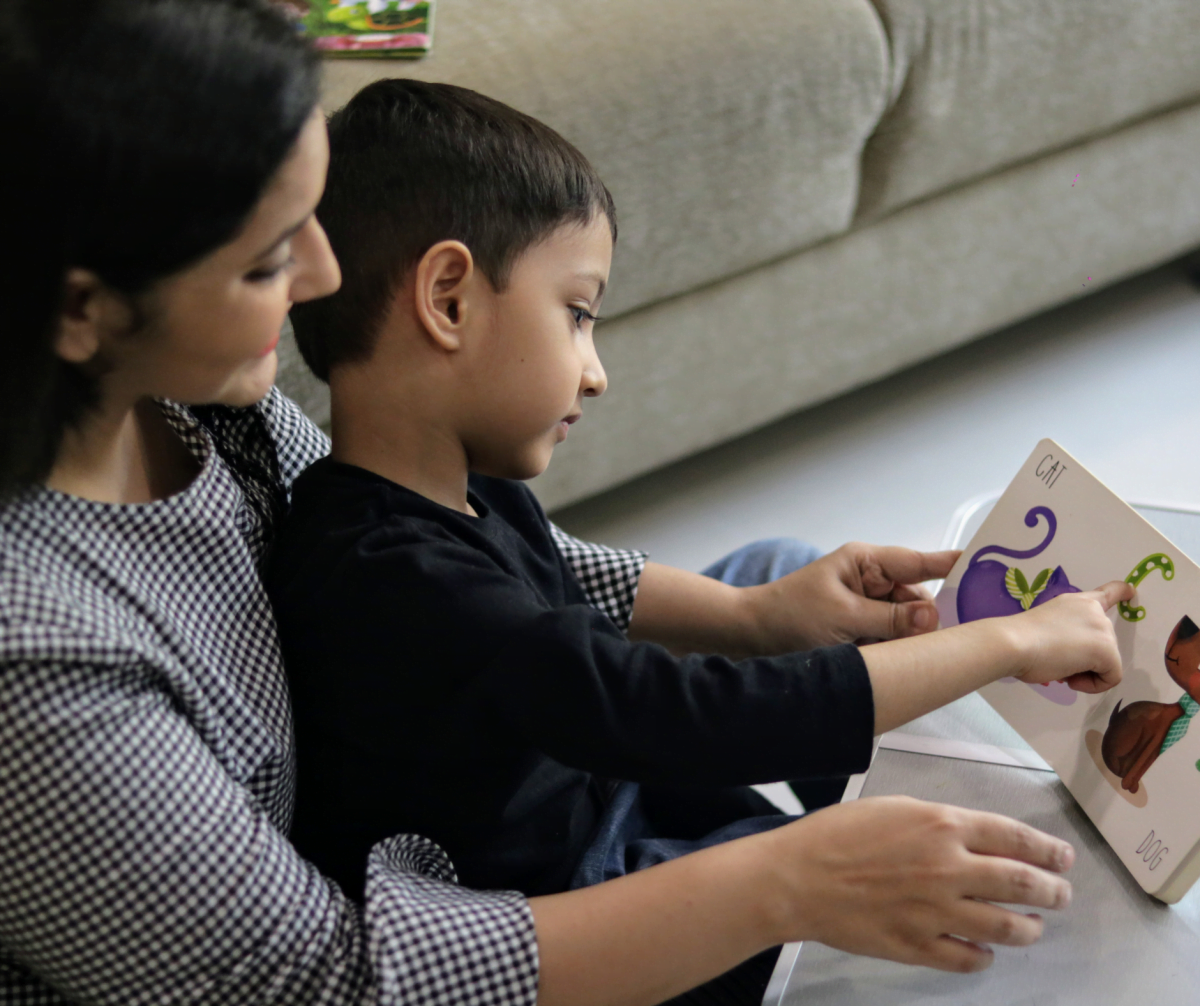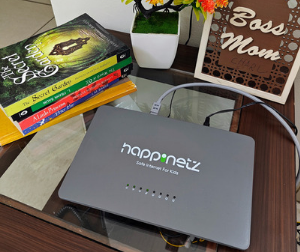The New National Education Policy 2020, circulating every newspaper, news channel has created an uproar among the parents and the various educational institutions.
I have been reading a lot about the policy since the past few days and trying to understand its various aspects. It surely looks like a welcome change for the country. However, there are many issues (read important issues) that are unaddressed in the policy or need more clarification. But before talking about that in detail, let me share with you the major changes the New Education Policy 2020 proposes in the present system of education.

Changes Suggested by the New National Education Policy 2020
School Education
- The current 10+2 system to be replaced by a new 5+3+3+4 structure corresponding to ages 3-8, 8-11, 11-14, and 14-18 years respectively
- Upto class 2 will be foundational stage ( pre-school), class 3-5 preparatory stage, class 6 to 8 secondary stage, 8 to 12 Senior secondary Stage
- Vocational courses will be introduced Class 6 onwards
- From Grade 8 to Grade 12, students can choose any subjects based in interest ( Example – science student can have Physics as Major and Music as minor also.)
- All schools exams will be semester wise twice a year
- The syllabus will be reduced to core knowledge of any subject only
- More focus will be laid on practical learning and application of knowledge gained
Higher Education
- All higher education will be governed by only one authority.
- Any Degree will now be 4 years. All graduation course will have major and minor
- UGC & AICTE will be merged.
- All University government, private, Open, Deemed, Vocational etc will have same grading and other rules.
- New Teacher Training board will be setup for all kinds of teachers in country.
- New Basic learning program to be created by government for parents to teach children upto 3 years in home and for pre school 3 to 6
- Children can take breaks in between/Multiple entry and exit from any course .
- Credit system introduced for graduation – each year students to gain credits which they can utilize even if taken break in course and resumed later
- For any graduation course if students complete only one year they will get a basic certificate, if complete two years they will get Diploma certificate and complete full course then they will get degree certificate. So no year of any student will be vested if they consider to break the course in between.
- All the graduation course feed of all Universities will be govern by single authority with capping on each course. HECI to be the common body for entire higher education.
The policy overall aims at universal access to education at all levels. It aims at encouraging critical thinking and logical decision making skills among kids.
Some Pros & Highlights of the suggested changes
- It aims to introduce experimental learning in the Sciences, Mathematics, Arts, Social Sciences, and Humanities.
- More interactive teaching with reduced dependency on textbook learning to be encouraged.
- Concerted efforts to significantly reduce the weight of school bags and textbooks.
- Basic training in health, mental health, good nutrition, personal and public hygiene, disaster response and first aid to be included in the school curriculum.
- Children with special needs will be integrated in the regular schooling process from elementary to higher education levels.
- All students from grades 6-8 to receive internship with local vocational experts such as carpenters, gardeners, potters, artists, etc.to develop a vocational craft.
- Encourage gifted/talented students to pursue realms beyond the general school curriculum. NCERT & NCTE to develop guidelines for the education of gifted children.
- Efforts for interventions in rural areas and in regional languages to ensure widespread participation.
- Courses to be offered through Open and Distance Learning (ODL) Mode.
- Digital platforms and on-going ICT-based educational initiatives to be optimized and expanded.
- Expansion of existing e-learning platforms to be aimed at.
- Adult Education and lifelong learning to be encouraged.
- Teacher Eligibility Tests for all teachers to be mandatory in both public and private schools.
Some Major Points of Debates and Unaddressed Issues
- While it aims at laying down common standards for public and private school education, integrating pre-school with government school system may pose infrastructure and logistics challenges.
- Confusion on the Medium of Instruction aspect. Up till grade 5, home language / mother-tongue/ local language is recommended. Expecting a child to study in mother tongue till class 5 and then suddenly switch to another medium from class 6 onwards doesn’t sound much practical.
- English to be an optional language till class 8. Language learning and acquisition starts at an early age. If mainstream language is mother tongue, expecting children to excel in English from class 8 is again impractical. And considering the importance of English language in the global scenario, this doesn’t seem to be a beneficial move.
- The policy doesn’t address the tax treatment of educational services.
- Major issues like lack of infrastructure, ailing government schools, shortage of teachers, the alarming rate of student dropouts are not clearly addressed in the policy.
- Teacher’s education would include 4 years of integrated B.Ed. programme. While that’s good, a lot of funds will be required for teacher training, course material, publishing and so on. The policy doesn’t address that.
Being a parent and teacher myself, I had high hopes from the New National Education Policy 2020. While it looks like a game-changer for the country, it will only be a success if the teachers are equally up-skilled and trained to follow and adopt the new methods of teaching.
I am happy it includes a vast range of changes in all educational stages and among all categories of education be it pre-schoolers or adults; those with special needs as well as those blessed with special talent. However, there are a lot of unaddressed issues and that too a major ones. I hope they get addressed and resolved by the education department with a more holistic approach.
What are your views on NEP 2020? Do you think this change will be easily accepted and will improve the quality of education in our country? Do share your views and opinions on this.





Detailed and helpful for both parents as well as teachers. Thanks for sharing.
Ahh that sums up all at one place. Thanks for researching and preparing this post, very helpful for all parents, teachers and students.
This post was definitely needed. Looks positive and more flexible. I hope this system will be more beneficial to students.
This is something which everyone should read if they want to understand the NEP 2020 in the easiest manner possible.
I had read about the 5+3+3+4 and had quite liked the idea. It would ensure (on paper at least) that everyone got basic education. But the language bit has always been an issue for us always.
Like you, my initial feeling was that its a good thing – trying to globalise our education but it has a lot of gaps and loopholes all of which you have addressed quite properly and in detail here.